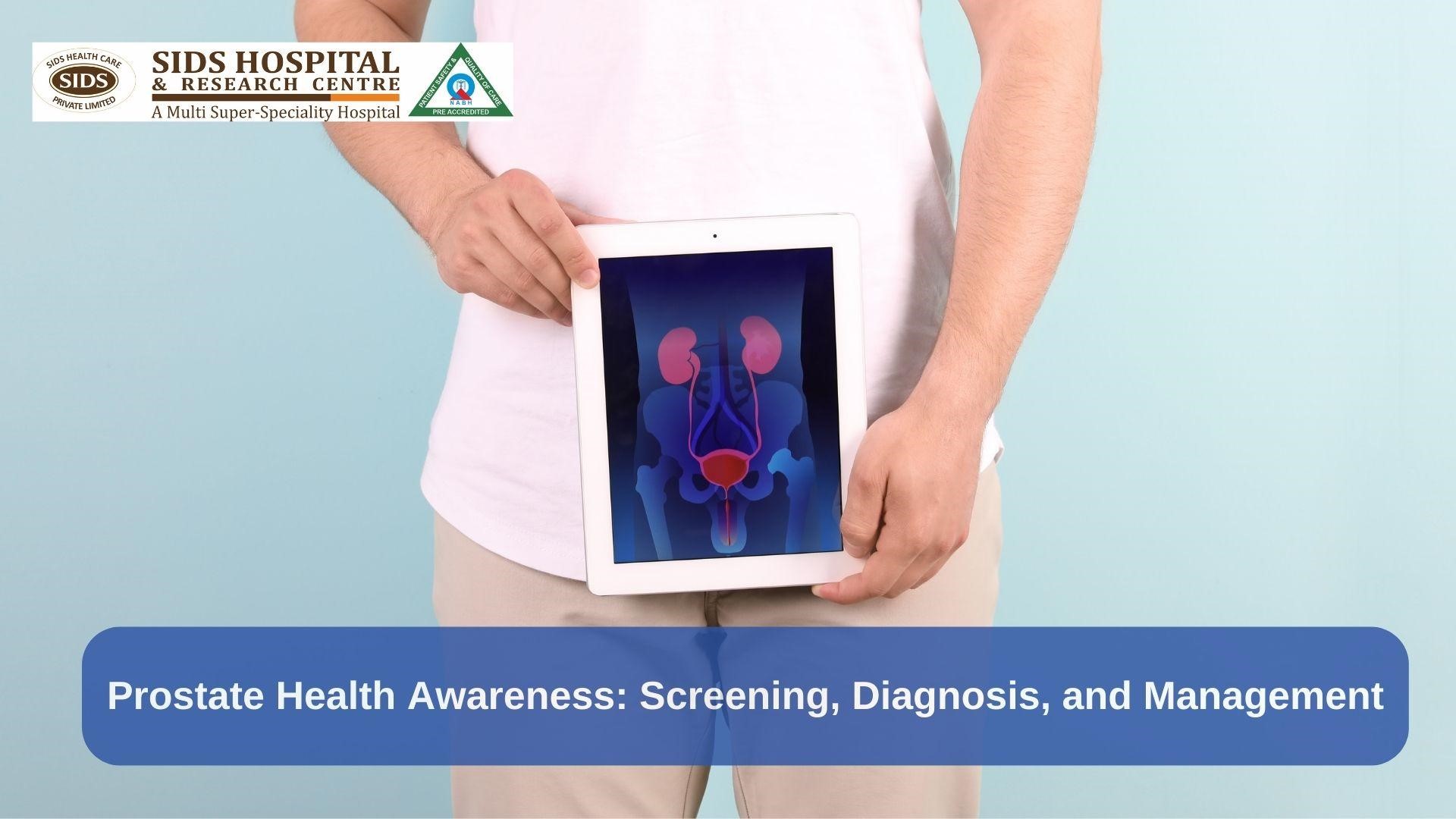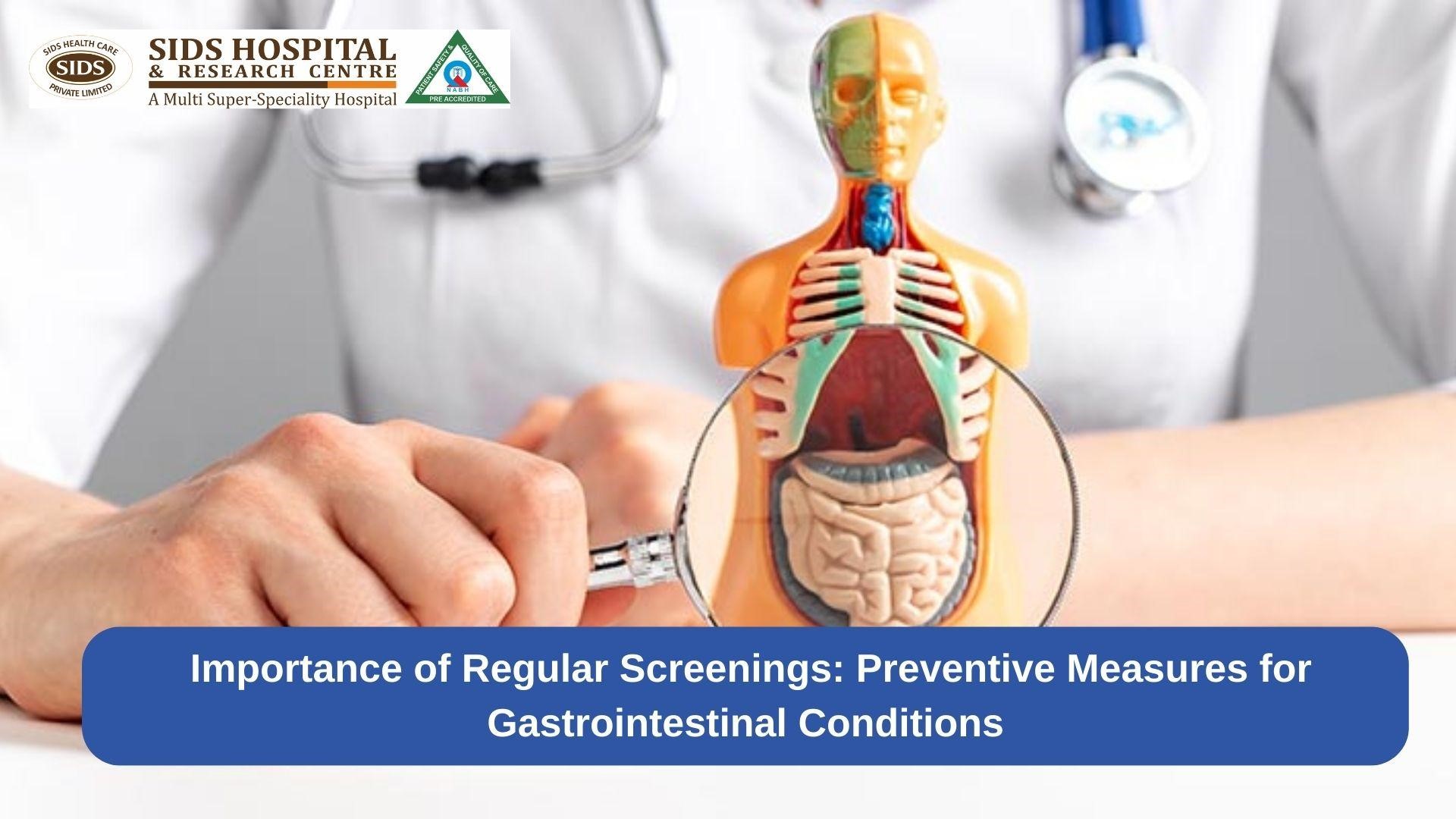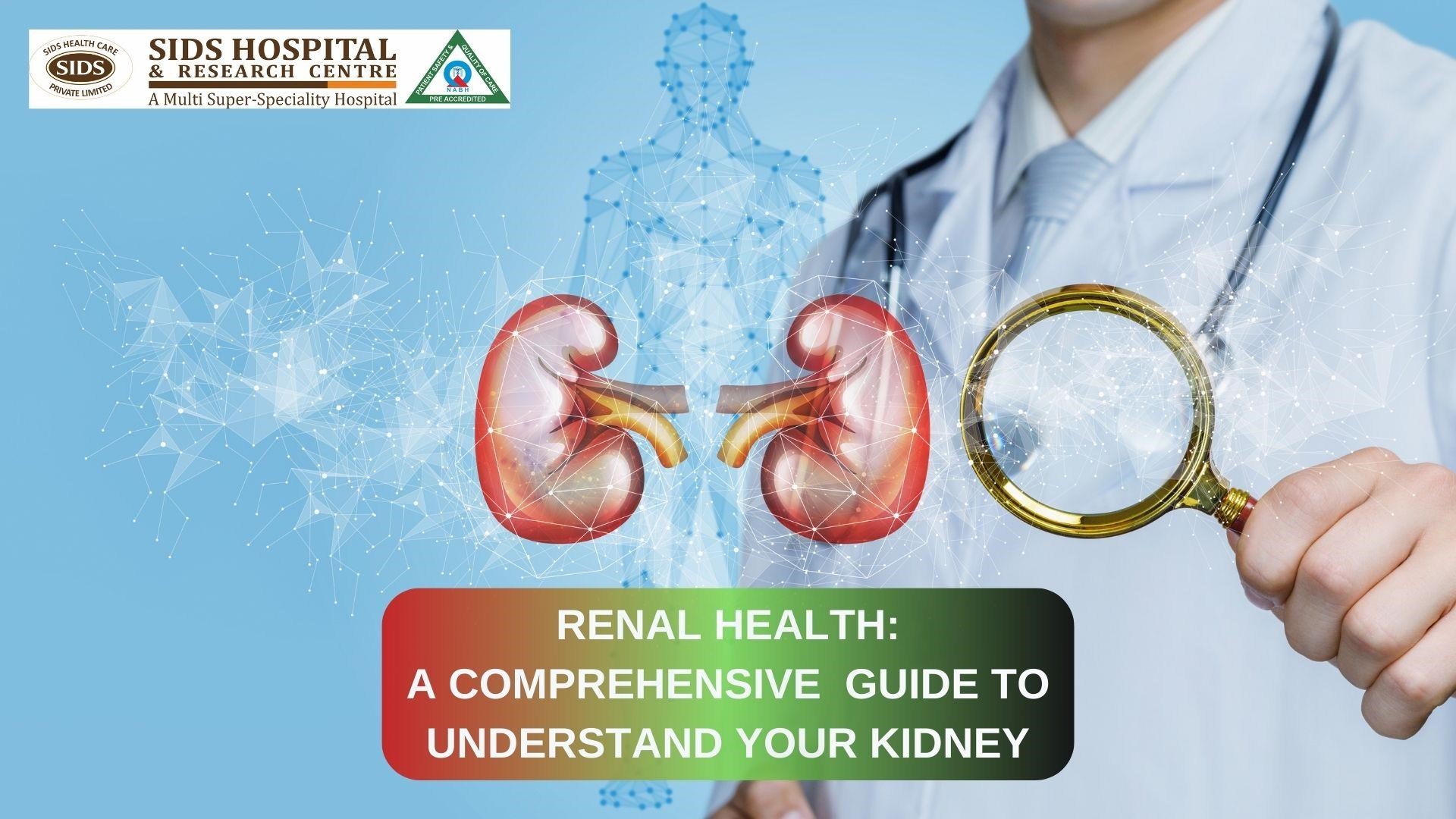Nourishing Your Kidneys: Essential Nutrients and Foods for Optimal Kidney Health
The kidneys are remarkable organs that play a crucial role in filtering waste products and excess fluids from the blood, maintaining electrolyte balance, and regulating blood pressure. To support optimal kidney function and overall health, it’s essential to consume a balanced diet rich in key nutrients. In this article, let’s explore the essential food and nutrients for kidney health from the expert nephrologist at SIDS Hospital, being the best kidney specialists in Surat, that can help nourish and protect these vital organs.
Hydration
Adequate hydration is fundamental for kidney health as it helps flush toxins and waste products from the body. Water is the best choice for hydration, but herbal teas and infused water can also contribute to fluid intake. Aim to drink at least 8–10 glasses of water per day, or more if you’re physically active or live in a hot climate.
Protein
High-quality protein is important for maintaining muscle mass and supporting overall health, but excessive protein intake can strain the kidneys. Our doctors at SIDS hospital, who are also well-known as the best kidney stone specialists in Surat, recommend lean sources of protein such as poultry, fish, eggs, and plant-based options like beans, lentils, and tofu. Moderation is key, so aim for a balanced intake of protein throughout the day.
Potassium
Potassium plays a critical role in regulating fluid balance, muscle function, and blood pressure. While potassium is essential for overall health, too much can be harmful to individuals with kidney disease. Potassium-rich foods include bananas, oranges, potatoes, tomatoes, spinach, and yogurt. If you have kidney disease, consult with a doctor at SIDS hospital, one of the best hospitals in Surat, or a registered dietitian for personalized recommendations.
Sodium
Excess sodium can contribute to high blood pressure and fluid retention, placing strain on the kidneys. Limiting sodium intake is important for kidney health, especially for individuals with kidney disease or hypertension. Choose low-sodium alternatives and limit processed foods, canned soups, and salty snacks. Opt for fresh herbs, spices, and lemon juice to flavour foods instead of salt.
Phosphorus
Phosphorus is a mineral that works with calcium to build strong bones and teeth. However, the best kidney specialist in Surat, warm against excessive phosphorus intake since it can be harmful to individuals with kidney disease. Limit phosphorus-rich foods such as dairy products, nuts, seeds, whole grains, and processed foods containing phosphate additives.
Calcium
Calcium is essential for bone health and muscle function, but individuals with kidney disease may need to monitor their calcium intake due to the risk of mineral imbalances. Choose calcium-rich foods such as low-fat dairy products, fortified plant-based milk alternatives, leafy greens, and tofu. If you’re at risk of kidney stones, consult with the best kidney stone specialist in Surat for appropriate calcium intake for your needs.
Magnesium
Magnesium plays a role in muscle and nerve function, blood sugar regulation, and bone health. Consuming magnesium-rich foods such as leafy greens, nuts, seeds, whole grains, and legumes can support overall health and kidney function. However, excessive magnesium supplementation can be harmful, so it’s best to obtain magnesium from food sources whenever possible.
Vitamins
Certain vitamins are important for kidney health, including vitamin B6, vitamin B12, vitamin C, and vitamin D. Incorporating a variety of fruits, vegetables, whole grains, and lean proteins into your diet can help ensure adequate intake of these essential vitamins. If you have kidney disease or other health conditions, speak with your healthcare provider at the best stomach hospital in Surat, like SIDS Hospital, about appropriate vitamin supplementation.
Omega-3 Fatty Acids
Omega-3 fatty acids have anti-inflammatory properties and may help reduce the risk of kidney disease progression. Include sources of omega-3 fatty acids in your diet such as fatty fish (salmon, mackerel, sardines), flaxseeds, chia seeds, walnuts, and hemp seeds. Aim to incorporate these foods into your meals regularly to support kidney health.
Antioxidants
Antioxidants help protect the kidneys from oxidative stress and inflammation, which can contribute to kidney damage. Colourful fruits and vegetables such as berries, cherries, red bell peppers, and kale are rich in antioxidants like vitamin C, vitamin E, and flavonoids. Including a variety of antioxidant-rich foods in your diet can help promote kidney health and overall well-being.
Conclusion
Prioritizing nutrient-rich foods and maintaining a balanced diet is essential for supporting kidney health and preventing kidney disease. With these tips from the doctors of SIDS hospital, one of the best hospitals in Surat, you can nourish your kidneys and promote optimal function for years to come. Remember to consult with a healthcare provider or registered dietitian for personalized nutrition advice, especially if you have kidney disease or other medical conditions.


 Book Appointment
Book Appointment.png) Video Consultation
Video Consultation









